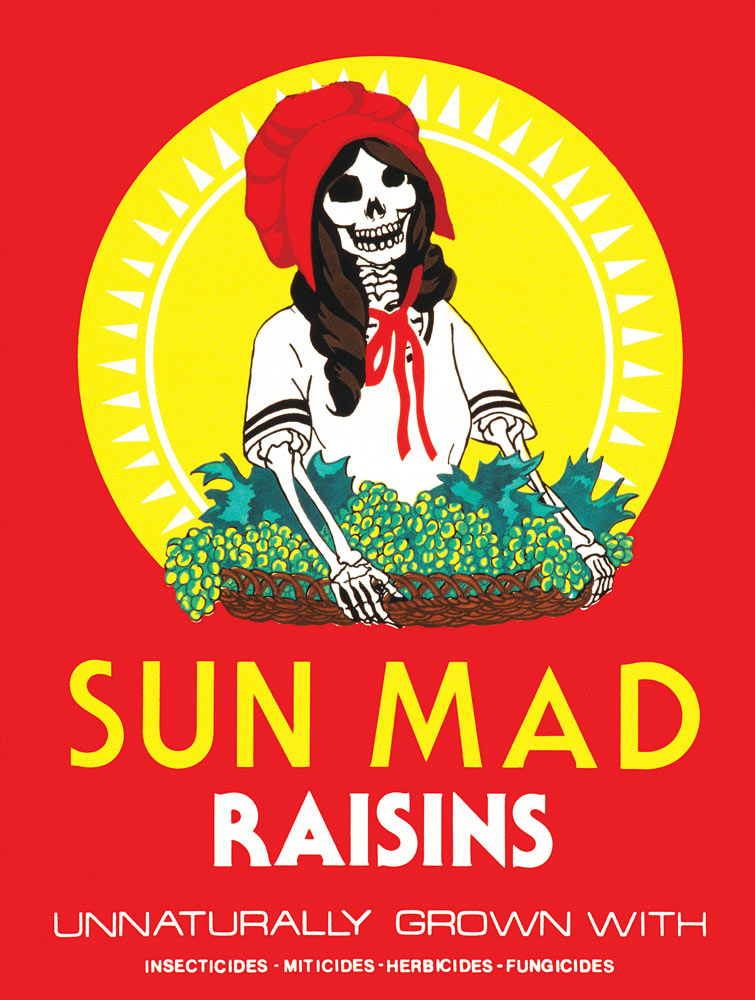Second Year Latinx Studies Seed Grant
“Decolonial Environmentalisms: Race, Genre, and Latinx Literature,” by David Vazquez, English
This project proceeds from two main gaps in the research in two fields that have had overlapping conversations about Latinx literature and culture: Latinx literary and cultural studies and the environmental humanities. The environmental humanities make visible pressing environmental crises, shedding light on how human imagination grapples with such issues as climate change, exposure to toxic chemicals, and sea-level rise. Yet as environmental humanities scholars such as Ursula Heise, William Cronon, and Giovanna di Chiro show, some forms of U.S. environmentalism continue to put American exceptionalism (the idea that the U.S. is qualitatively different from other nations) to work for, as Rob Nixon puts it, “wilderness preservation, on wielding the Endangered Species Act against developers, and on saving old-growth forests.” Despite centering environmental justice (the uneven distribution of environmental risks and benefits) over the past two decades, some environmental thought remains wedded to privileged perspectives over those of marginalized groups.
The environmental humanities’ inattention to the perspectives of marginalized groups parallels the scant consideration of environmental representations in Latinx culture by Latinx studies. Latinx studies often focuses on anti-racist literature and culture, on immigration and immigrant rights, and on valorizing insurgent Latinx social movements. Few critics, however, beyond social scientists Laura Pulido and Devon Peña, pioneering literary scholars Priscilla Ybarra and Sarah Wald, and the editors of the new collection Latinx Environmentalisms: Place, Justice, and the Decolonial, have considered environmental thought produced by Latinx creators. Although the field’s traditional emphases are not hostile to environmental issues, the critical conversation engaging environmental ideas in Latinx literature and culture is only now gaining momentum.

“Decolonial Environmentalisms: Race, Genre, and Latinx Culture” intervenes in the paucity of environmental analysis in Latinx studies and the still incomplete consideration of Latinx archives within the environmental humanities. Although critics such as Ybarra and Wald have examined environmental issues in Chicanx contexts, this project offers the first comparative monograph that considers Latinx creators from Puerto Rican, Chicanx, Central American, and multiracial perspectives. The manuscript reflects on how these authors and artists offer innovative and radical conceptions of space, place, resistance to toxic environments, and expressions of cultural and historical affiliation with built environments. This project identifies Latinx literature, art, and film by literary authors Helena María Viramontes, Ernesto Quiñonez, and John Rechy, visual artists Ester Hernández and Juana Alicia, filmmaker Alex Rivera, and others that express neglected decolonial and anti-racist environmental perspectives, often by experimenting with literary and artistic forms. The project fosters and extends a growing dialogue between anti-racist environmental humanities and Latinx studies scholars that emphasizes how Latinx creativity expresses decolonial environmental values.
—David J. Vázquez is an associate professor and head of the UO Department of English. He received the 2019-20 Latinx Studies Seed Grant from CLLAS in support of this research.
